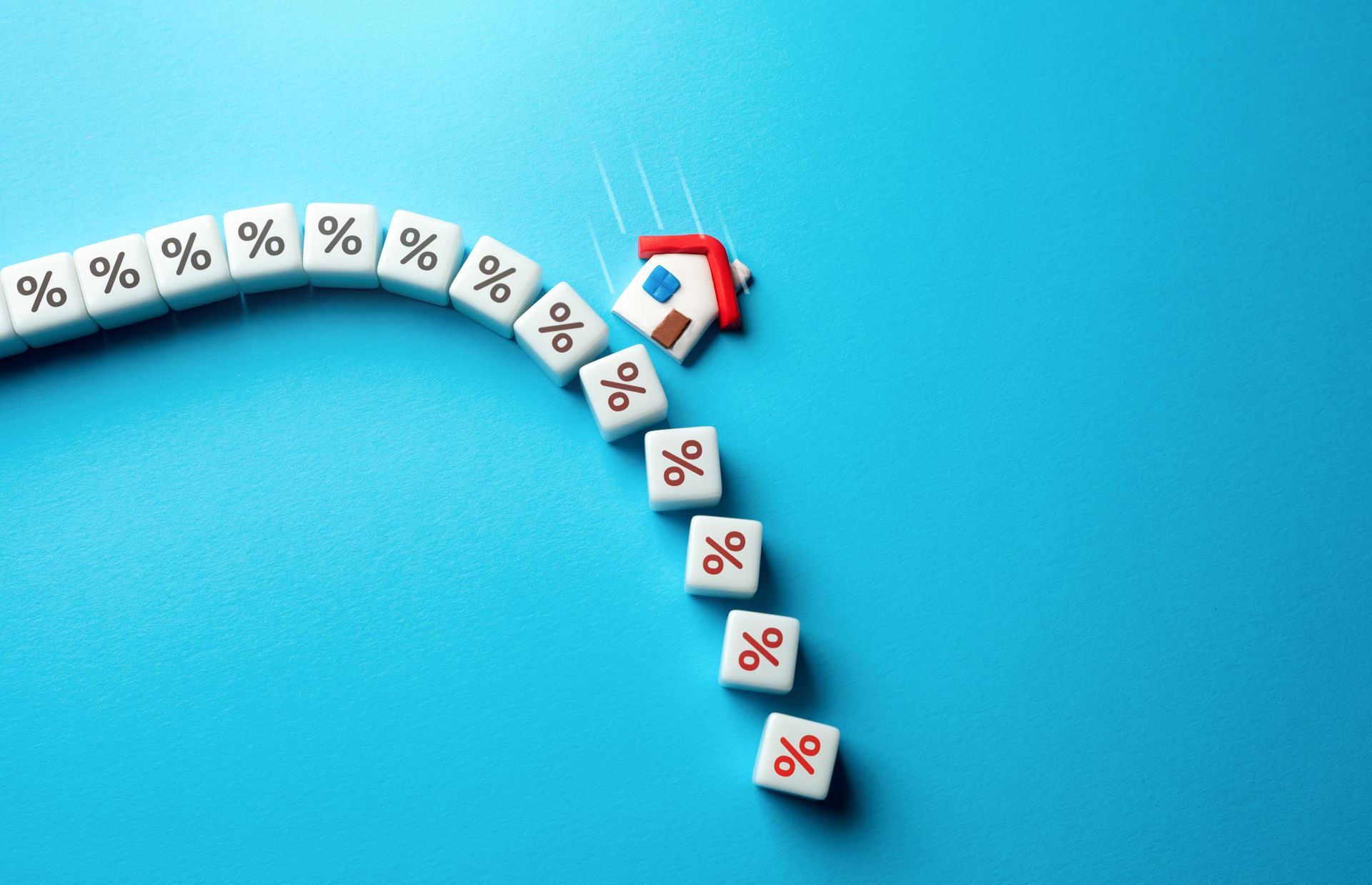How to Prepare to Get Your Mortgage
Buying a new home is an incredibly exciting time. It can also be totally overwhelming to a first-time buyer and mortgage borrower. The industry jargon, the math, the seemingly endless amount of documentation - it can make anyone feel a little turned around.
The good news? If you prepare and do your homework, you can put yourself in control of your mortgage financing journey and avoid potential mistakes. This article aims to give you an easy-to-understand roadmap for your mortgage journey; No financial expertise required.
Key Things to Do to Prepare:
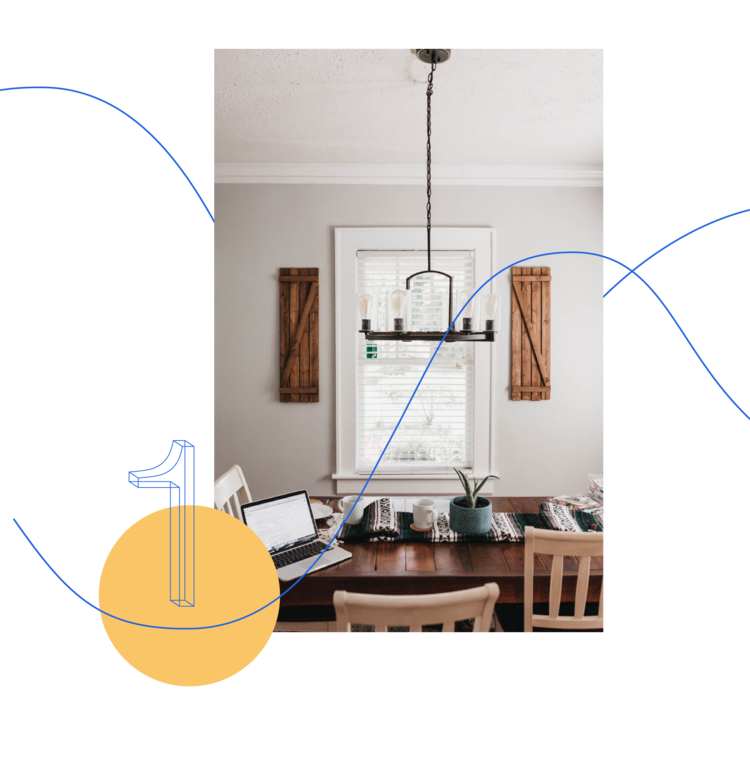
Understand Your Personal Situation
Getting a mortgage can open up a lot of doors for you, helping you to get on the property ladder and giving you a valuable asset that will help you build personal equity over time. Of course, it's also a big commitment, and this commitment is getting bigger for Canadians. Between Q2 of 2020 and the same period of 2021, the average home loan amount rose by 18.37% [1], reaching $328,195. This doesn't mean it's not the right call for you - it simply means you need to have a strong understanding of your personal financial situation.
Understanding your personal situation will give you a solid idea of how much debt burden you can afford to take on when you apply for a mortgage, as well as help you understand which home loan represents the best deal for you. Asking yourself these questions is not just a personal exercise - your lender will also need to know this information as they process your application.
Your lender will ask you questions to determine your creditworthiness, such as:
- How long have you been in your current job?
- Are you salaried or on commission?
- What is your current debt load?
- Do you have a good credit history?
- Do you have enough funds to make a down payment?
- How long do you plan to live in or own the property?
These are just some of the questions you will be asked, so best to know the answers before you start the process.
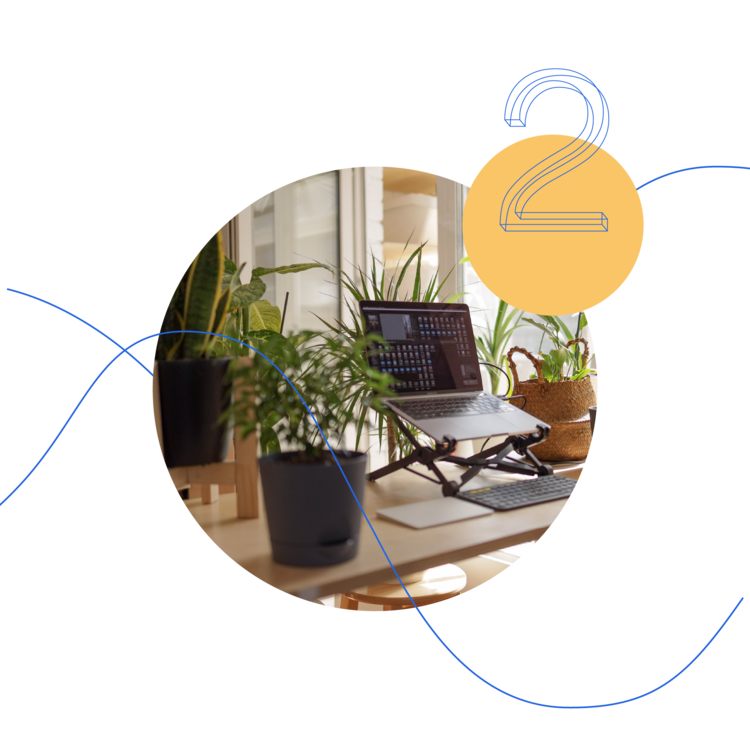
Get a Copy of Your Personal Credit Report
Knowing your credit score will help you understand how a lender will assess you.
Your credit score will be a number somewhere between 300 and 900 and will be defined based upon your creditworthiness and indicate your level of risk to lenders. If your score is above 780 [2], you will be considered to have excellent credit, while a score of 720 to 779 will put you in the very good credit category. Any credit score above 680 is considered prime in quality, and for most lenders, a score above 620 is necessary. You might still be able to get a mortgage if your credit score is below this number, but you’ll likely have to pay a higher rate and some fees.
It’s good to know where you stand beforehand, so you’ll want to obtain a free copy of your credit report from either Equifax or Transunion.
Don't take it too hard if your credit score is not quite up to scratch. While a solid score is something of a dealbreaker for most lenders, there are certain techniques you can use to improve your credit. Keeping on top of your bills and payments, for instance, is crucial. Make sure you are always making the minimum payments [3] and be sure to contact any lenders immediately if you think you will have a problem. You may be able to restructure the arrangement.
Try to keep older accounts, such as credit cards, open to effectively extend your credit history and show that you are a responsible borrower. Don't be tempted to use this additional credit - simply think of it as a way to improve your score. It's also a good idea to go easy on the credit checks, as a high number of credit checks will reduce your score and attractiveness to lenders.
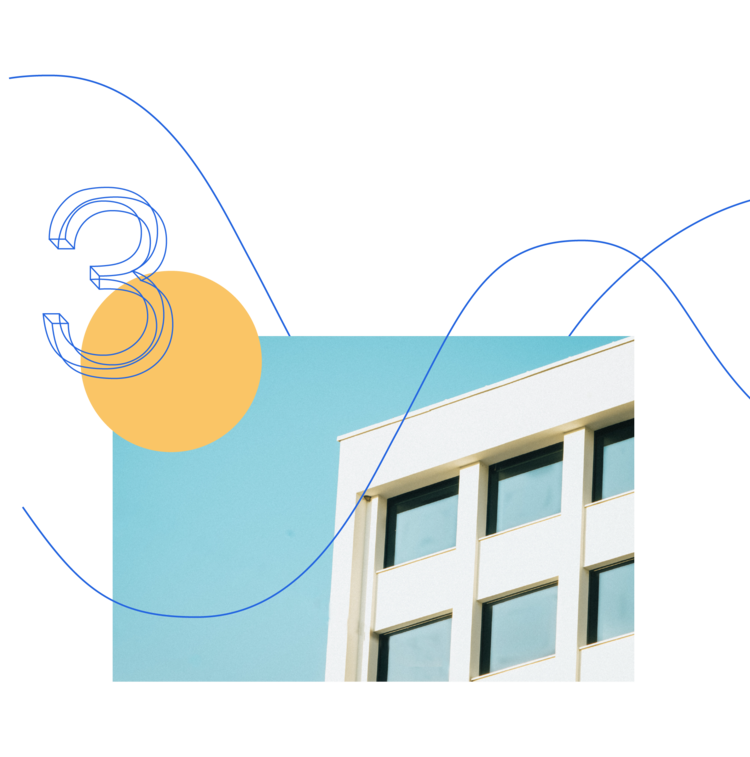
Do Your Own Research
The mortgage market is filled with industry-related jargon. Try to learn as much of it as possible so you can effectively understand how the market works.
There are plenty of sites that offer free information for borrowers to independently learn about mortgages, including FrankMortgage.com.
Here are just a few examples of the kinds of terms that will be helpful to understand. You'll find plenty more in the Frank Mortgage Learning Library:
Amortization Period
Amortization is a big word with a relatively simple meaning. It refers to the time it will take for you to pay your mortgage off completely. Generally, the longer amortization, the more you will pay overall due to interest, although your monthly payments will be more manageable. Most amortization periods are 25 years.
Blend and Extend
If you need to renegotiate your mortgage, you will incur a penalty fee for breaking the terms of the initial mortgage. You may decide to 'blend' your current mortgage rate into a new, extended mortgage term, which is where the phrase 'blend and extend' comes from. Basically, you are swapping your original mortgage conditions for a new set of conditions over a longer term.
Gross Debt-Service (GDS) Ratio
This ratio is the relationship between your gross annual income and your housing costs. It is calculated by adding mortgage payments, property taxes, heating costs and 50% of applicable condo fees together, and then dividing this by your gross household income. In most cases, you won't be able to get any mortgage that leaves your GDS ratio at 39% or above.
Total Debt Service (TDS) Ratio
The TDS ratio extends the GDS ratio to include any other debt burden or outstanding loans. The same calculation is used as with GDS, but any other debt payment obligations are also added. The full amount is then divided by gross household income. Generally, your TDS will need to be below 44%.
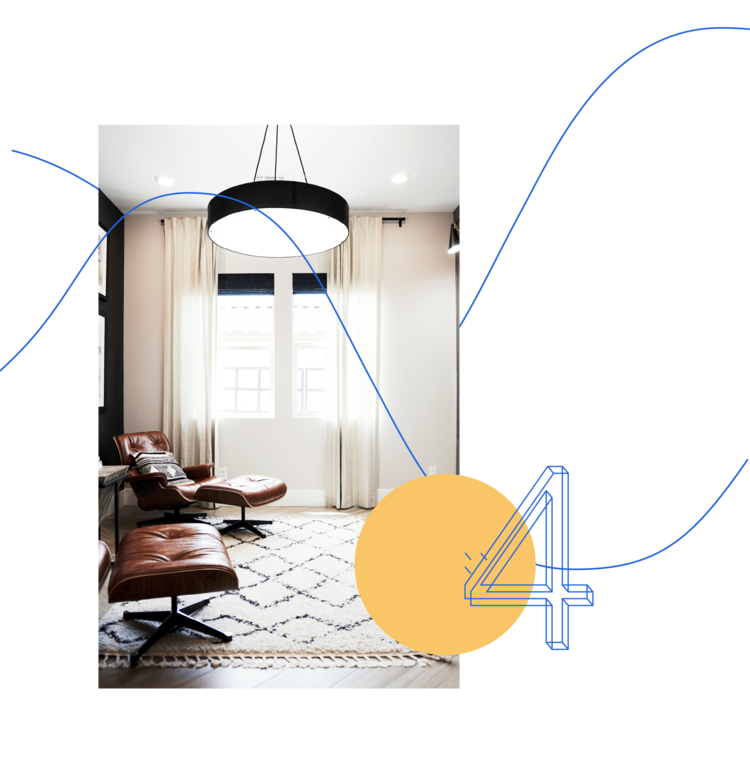
Educate Yourself on Mortgage Features
Things like prepayment privileges and fixed versus variable rates are often key factors in making your mortgage decision. Explore our Mortgage Glossary to learn more.
Here are just a few examples from our Mortgage Glossary:
Prepayment Privileges
This refers to your right to pay off your mortgage early or to pay more than the scheduled principal, without incurring a penalty charge. For example, some mortgages will include the right to make an annual lump sum payment up to a certain percentage of the outstanding balance. In another example, you may have the right to increase your monthly payments by a certain percentage of the originally scheduled payment.
Prepayment Penalties
A prepayment penalty is a charge or fee that is incurred when you go over your predetermined prepayment privilege rate, or if you try to make a prepayment without such privileges in place. Lenders want to control prepayments, as these payments affect how much interest the lender will earn on the loan - this is why such penalties are applied.
Fixed Rate Mortgages
When you choose a fixed rate mortgage, there will be no change to your interest rate or to your monthly payments. Generally, interest is a little above the current mortgage interest level. However, with a fixed rate mortgage, this interest will stay the same throughout the full term, protecting you from interest rate increases and potentially saving you money.
Variable Rate Mortgages
A variable rate mortgage is the main alternative to a fixed rate option. A variable rate mortgage will provide you with lower interest payments at the outset, but bear in mind that these interest rates will change. As interest rates go down, you pay less interest on your mortgage - as they go up, you pay more. Predicting whether interest rates may change over time is very difficult, so a decision of fixed vs variable rates is primarily a question of your own risk tolerance.

Learn What You Can About the Mortgage You May Be Able To Qualify For
Setting realistic expectations at the outset will lead to a smoother mortgage process and reduce the potential for frustration and disappointment. Use calculators that are available online to understand what you may qualify for. You can find our mortgage calculators here.
You’ll also want to research the requirements for a down payment and mortgage default insurance, as they may have a significant impact on what you are eligible to borrow.
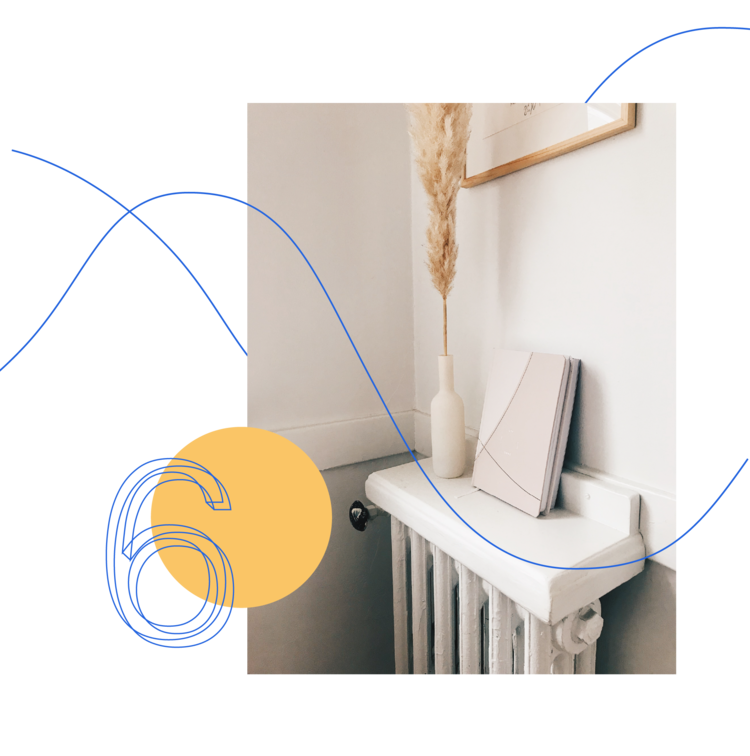
Find Out What Various Lenders Offer
While this research is important, it can be misleading because many websites will only show the best rates.
The kicker is that you often won’t know whether you can qualify for those rates. To avoid wasting time, visit www.frankmortgage.com, a one-stop-shop where you can see what the market can offer you based on your profile.
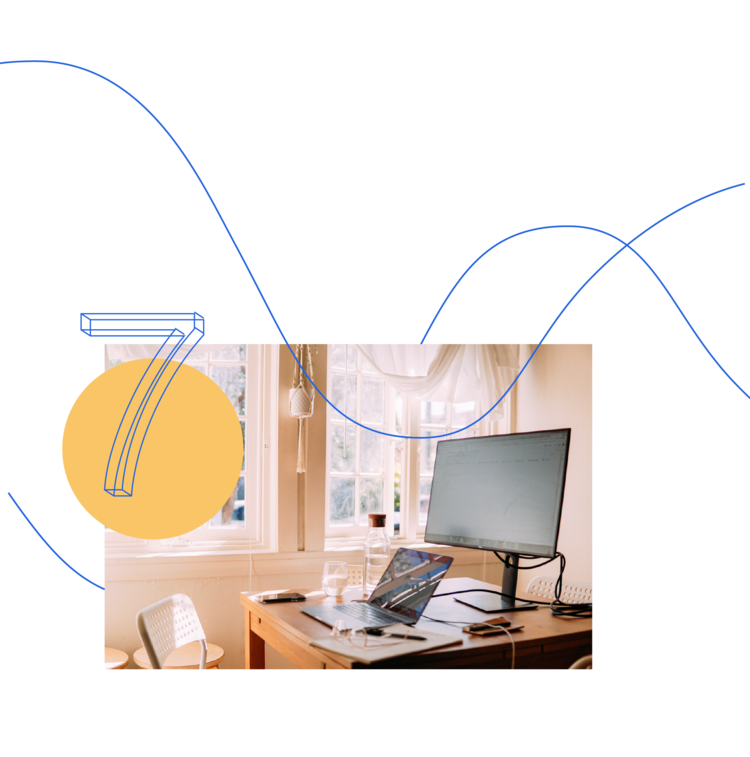
Understand Closing Costs
There are several costs associated with buying a house and obtaining a mortgage loan. To get a mortgage you may have to pay:
- Legal fees,
- Appraisal fees,
- Home inspection fees,
- Title insurance, and
- PST (in some provinces) on any required mortgage insurance.
As a rule of thumb, expect total closing costs to be about 1.5% of the mortgage balance. You’ll likely also have to pay land transfer taxes, although there are some exceptions and rebates for first-time homebuyers.

Focus Your Effort
Many borrowers waste time looking at mortgage products that they can’t qualify for or may not be best for them. If you have done your homework, know how lenders may perceive you, and determined what mortgage features are meaningful to you, then you can zero in on what you are looking for.

Don’t Despair if the Timing is Not Right
If you find you can’t or shouldn’t apply for a mortgage right now, whether that be because your credit score is too low, you don’t have an adequate down payment, or you can’t afford the monthly mortgage payment, don’t fret. If you work to improve your circumstances, the mortgage market will always be there for you. Now that you are armed with the knowledge about how to prepare, you will be in a good position to tackle the mortgage application process once you are ready.
Armed with all the knowledge you have gained from your research and preparation, you are ready to apply for your mortgage. You can apply for a mortgage directly with a bank, through a broker, or online at frankmortgage.com.
An application requires you to provide personal information that is necessary for the lender to properly evaluate your application and provide approval. But don’t feel overwhelmed by this! The old days of having to scan, fax, and email documents are long behind us. Platforms like frankmortgage.com allow you to apply online, securely and confidentially and upload all the required documents from your phone or personal computer. The process has never been easier. You’ve got this!
About The Author

Don Scott
Don Scott is the founder of a challenger mortgage brokerage that is focused on improving access to mortgages. We can eliminate traditional biases and market restrictions through the use of technology to deliver a mortgage experience focused on the customer. Frankly, getting a mortgage doesn't have to be stressful.
Related Posts
